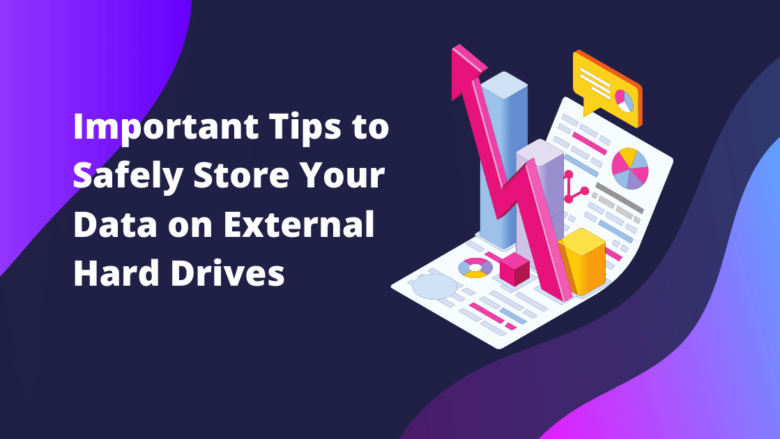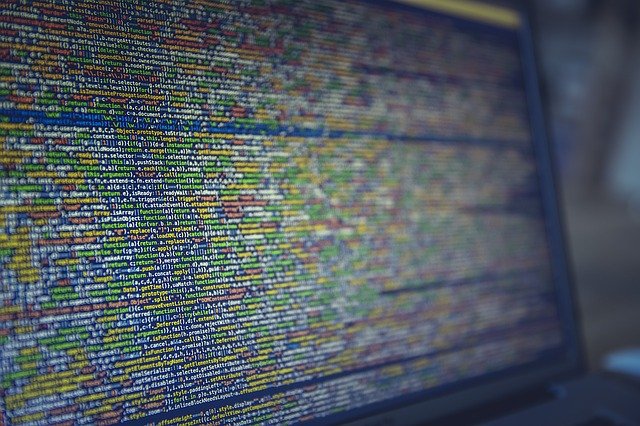There are many steps involved in protecting your PC from hackers, but the most important thing you can do is keep your computer and software up to date. In this article, we’ll show you how to keep your system secure with the latest software and security practices.
Keep your operating system and software up to date
One of the best ways to protect your PC from hackers is to keep your operating system and software up to date. Hackers are constantly looking for vulnerabilities in software that they can exploit, and if you’re running an outdated version of something, you’re much more likely to be targeted.
So make sure you’re always running the latest versions of everything – your operating system, your web browser, your email client, your anti-virus software, and so on. And if you’re not sure whether an update is available for something, just Google it – you’ll quickly find out.
Another good way to protect your PC from hackers is to practice “safe surfing.” That means being careful about what websites you visit, what email attachments you open, and what files you download. If you’re not sure whether something is safe, err on the side of caution and don’t do it.
And finally, make sure you have a good anti-virus program installed on your computer and that it’s set to scan everything that comes in. There are a lot of great free anti-virus programs out there (AVG and Avast are two of the most popular), so there’s no excuse not to have one.
Use a firewall
If you want to protect your PC from hackers, one of the best things you can do is use a firewall. A firewall is a piece of software that helps to keep your computer safe by blocking incoming connections from malicious computers. There are many different firewalls available, and you can even find some for free.
If you’re not sure which firewall to use, you can ask your friends or look for reviews online. Once you’ve chosen a firewall, make sure to install it and keep it up-to-date.
Don’t open email attachments from strangers
It’s no secret that email attachments can be used to deliver malware to your computer. So it’s important to be careful about which email attachments you open, especially if they’re from someone you don’t know.
If you receive an attachment from a sender you don’t know, or that looks suspicious, don’t open it. And if you’re not expecting an attachment from someone you know, make sure to confirm with the sender before opening it.
When in doubt, err on the side of caution and don’t open the attachment. It’s not worth risking your computer’s security for the sake of opening an email attachment.
Use anti-virus software
Most people’s first line of defense against hackers is their anti-virus software. This is a great way to protect your computer from hackers, as it will scan your computer for any malicious software that could be used to gain access to your system.
There are a number of different anti-virus programs on the market, so it is important to choose one that is right for you. Some programs are free, while others must be purchased. There are also some programs that are more comprehensive than others.
No matter which anti-virus program you choose, it is important to keep it up to date. Hackers are constantly finding new ways to exploit vulnerabilities in systems, so it is important that your anti-virus software is able to detect and remove these new threats.
Be careful what you download
It’s no secret that hackers are constantly trying to find new ways to exploit vulnerabilities in our systems. One of the most common ways they do this is by creating malicious software, or “malware,” that can infect our computers and give them control.
One of the best ways to protect your computer from malware is to be careful about what you download. Be sure to only download files from trusted sources, and be especially cautious of any email attachments you may receive.
Additionally, you should keep your operating system and all software up-to-date. Hackers are always finding new ways to exploit old vulnerabilities, so it’s important to have the latest security patches installed. You can usually set your software to update automatically, but it’s always a good idea to check for updates manually on a regular basis.
Finally, consider using an anti-malware program such as Malwarebytes or Norton AntiVirus. These programs can help detect and remove malware that gets past your other defenses.
Use strong passwords
One of the simplest and most effective ways to protect your PC from hackers is to use strong passwords. A strong password is one that is difficult for someone else to guess, and should include a mix of upper and lower case letters, numbers, and special characters. Avoid using easily guessed words like “password” or your name.
Another important tip is to never reuse passwords. Hackers often try using stolen passwords from other sites on other accounts, so if you use the same password everywhere, you’re making it easy for them to break into your account. Use a password manager like LastPass or 1Password to generate and keep track of strong, unique passwords for all of your accounts.
Conclusion
There are a few simple steps you can take to protect your PC from hackers. By keeping your operating system and software up to date, using strong passwords, and avoiding phishing scams, you can help keep your computer safe from attacks. Remember to be vigilant when online and report any suspicious activity to the authorities. By following these tips, you can help keep your PC safe from harm.









FIND US ON SOCIALS